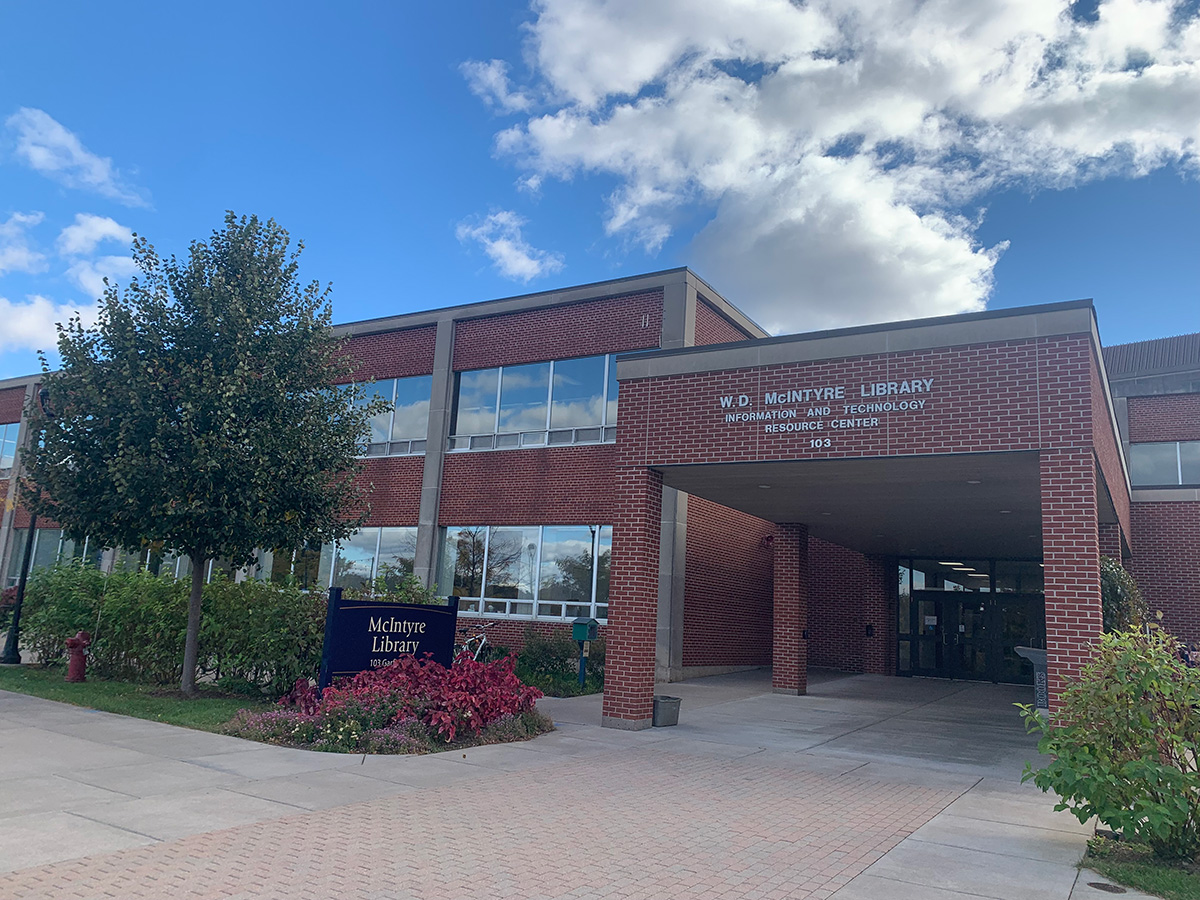A survey that examines an individual’s activities and level of involvement at UW-Eau Claire is in the mailboxes of 1,400 students.
Meeting students’ needs is one of the goals for using a student survey, said Ronald Satz, Eau Claire provost and vice chancellor of academic affairs.
The National Survey of Student Engagement is administered by the Indiana University Center for Post-secondary Research and Planning.
It has been mailed to 700 freshmen and 700 seniors chosen at random, said Kay Magadance, Eau Claire’s institutional planner.
The survey asks questions about students’ engagement in various activities during their college career, Magadance said. It contains questions about such things as students’ involvement with their professors, the amount of work they do inside and outside of class and the kind of classroom activities they have.
Freshmen and seniors take the national survey so the university can compare the experiences of new students to those completing their undergraduate work, she said.
“We hope it will tell us things about our curriculum and how students are involved in activities to see if there are things we might improve in terms of student-faculty collaboration,” Magadance said.
She said the survey also might help Eau Claire improve its student retention rate.
“We have very good retention rates, but we continue to look at ways to improve them,” she said.
“The feeling is if the students are more engaged with the faculty, they are more likely to stay here and complete a four-year degree,” Magadance said.
The survey also is a way to examine why students leave.
Satz said students might leave the university for many good reasons, such as to pursue a major not offered here, like engineering, or for personal reasons not related to the university.
But retention is a serious issue because the faculty and staff want to meet the students’ needs, he said.
One concern is that courses and advising that students need are available to them, Satz said.
“And if students are meeting any kind of roadblocks along the way, we identify those issues and concerns,” Satz said.
“If students are having difficulty, we want to pinpoint where that is happening so we have a better understanding of it,” he said.
Taking time to complete and return the survey will help the university provide enhanced educational opportunities for students, Satz said.
Magadance said the survey results, expected in June, also present a way to inform prospective students about the kinds of activities going on and how important they are to student learning.
The survey also could be used as a supplement to the U.S. News and World Report college rankings, she said.
The magazine ranks colleges and universities on several issues. Some aspects included in the survey are the academic reputation, retention of students, faculty resources, student selectivity, financial resources, alumni giving and the difference between actual and expected graduation rates, according to an article by Robert J. Morse and Samuel Flanigan on the U.S. News and World Report Web site.
The survey results, according to Indiana University’s Web site, www.indiana.edu/~nsse/, will provide an estimate of how undergraduates spend their time and what they gain from attending college.
The Indiana Web site estimates that 330 colleges and universities will participate in the survey this year, up from 276 last year when it was introduced.






